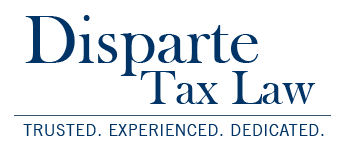What is CDTFA Successor Liability?
Any purchaser who buys a business or a stock of goods and fails to withhold a sufficient amount of the purchase price to clear the account of the seller, or who fails to obtain a clearance, may be liable for the seller’s CDTFA taxes to the extent of the purchase price. This scenario highlights the potential for CDTFA successor liability. Furthermore, it is important that the seller show the purchase price as accurately as can be determined and whether the new owner is a successor or whether the business is ceasing with no successor.
Common Law application with respect to CDTFA Successor Liability
Buyers of businesses typically like to choose which assets and liabilities they will acquire. Thus, a corporation that purchases the principal assets of another corporation, will not assume the seller’s liabilities unless:
- there is an express or implied agreement of assumption,
- the transaction amounts to a consolidation or merger of the two corporations,
- the purchasing corporation is a mere continuation of the seller, or
- the transfer of assets to the purchaser is for the fraudulent purpose of escaping liability for the seller’s debts.
Ray v. Alad Corp., 19 Cal. 3d 22, 28 (1977).
If you have any questions about whether you could be liable for a CDTFA tax as a successor, please contact a tax attorney today. Even if the seller does not have a liability, the seller may be under a CDTFA audit. In addition, a business may need to obtain a CDTFA tax clearance.
